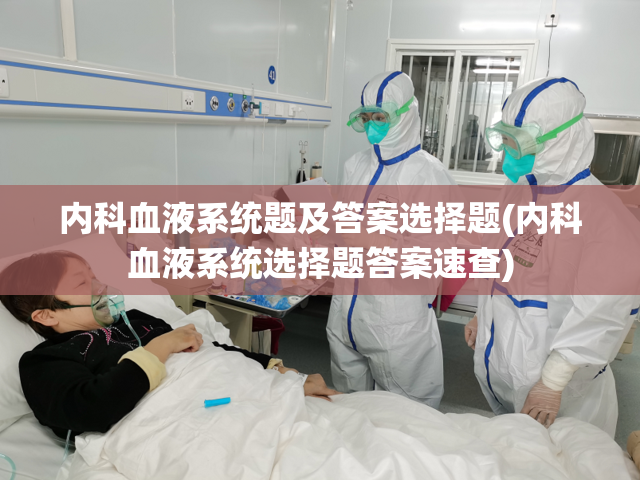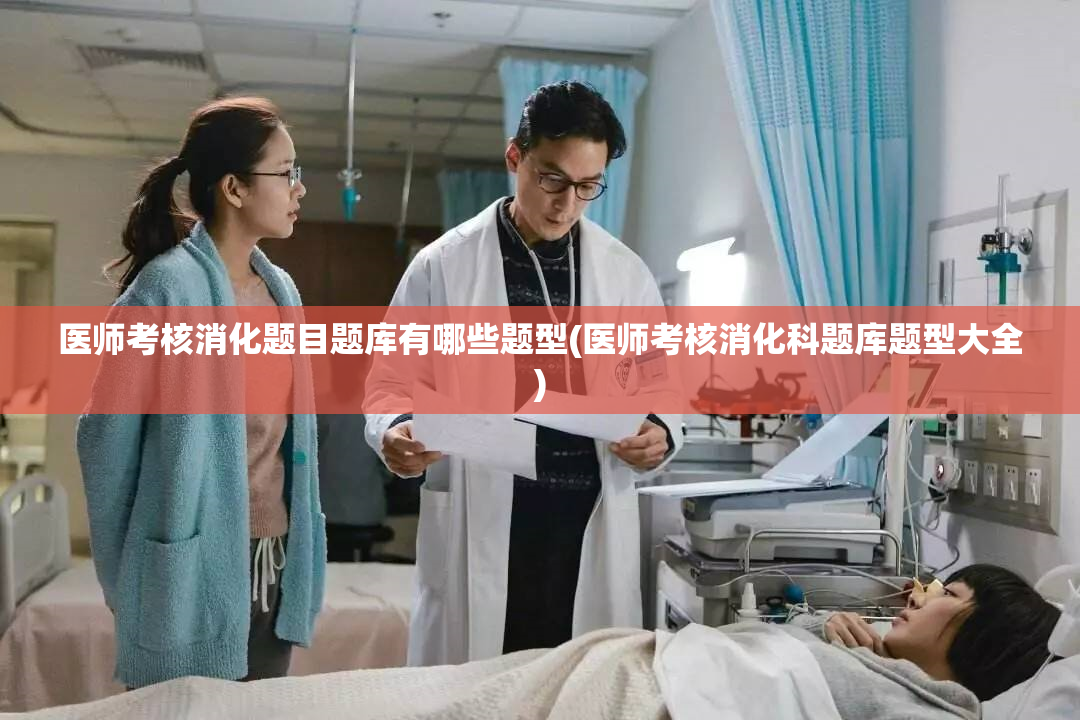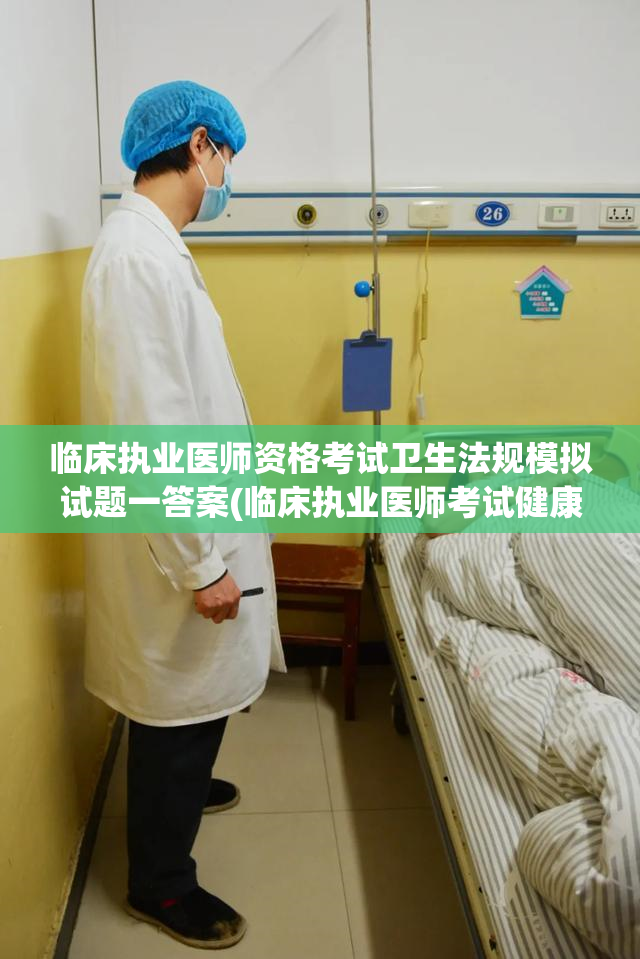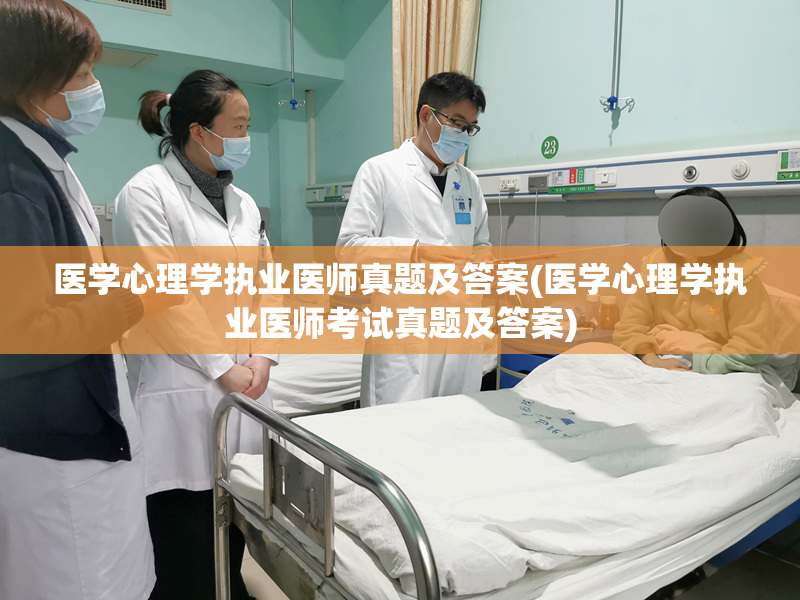Introduction
Pharmacology is the study of drugs and how they interact with living organisms. Clinical pharmacology is a branch of pharmacology that focuses on the application of drugs in the treatment of diseases in humans. This discipline includes the study of both the therapeutic and adverse effects of drugs, as well as their pharmacokinetics and pharmacodynamics.
Pharmacokinetics

Pharmacokinetics refers to the absorption, distribution, metabolism, and elimination of drugs in the body. Absorption determines how drugs enter the bloodstream, distribution determines how drugs are transported throughout the body, metabolism refers to the biochemical process that breaks down drugs, and elimination is the removal of drugs from the body.
Pharmacodynamics
Pharmacodynamics refers to the study of how drugs interact with living organisms. This discipline includes the study of the physiological and biochemical effects drugs have on the body, as well as the relationship between drug concentration and response.
Drug Interactions
Drug interactions occur when two or more drugs interact with each other, resulting in changes in the pharmacokinetics or pharmacodynamics of one or both drugs. This can lead to changes in the efficacy or safety of a drug. Common drug interactions include drug-drug interactions, drug-food interactions, and drug-disease interactions.
Adverse Drug Reactions
Adverse drug reactions (ADRs) refer to unwanted or harmful reactions to drugs. Common ADRs include allergic reactions, idiosyncratic reactions, and dose-related reactions. Identifying and managing ADRs is an important aspect of clinical pharmacology.
Drug Development and Clinical Trials
Drug development is a complex process that involves several stages, including drug discovery, preclinical testing, and clinical testing. Clinical trials are conducted to determine the safety and efficacy of drugs in humans. These trials are a crucial part of the drug development process and are heavily regulated by governmental agencies.
Conclusion
Clinical pharmacology plays a vital role in the development, testing, and application of drugs in the treatment of diseases in humans. A thorough understanding of pharmacokinetics, pharmacodynamics, drug interactions, adverse drug reactions, and drug development is essential for healthcare professionals, researchers, and regulatory agencies.









